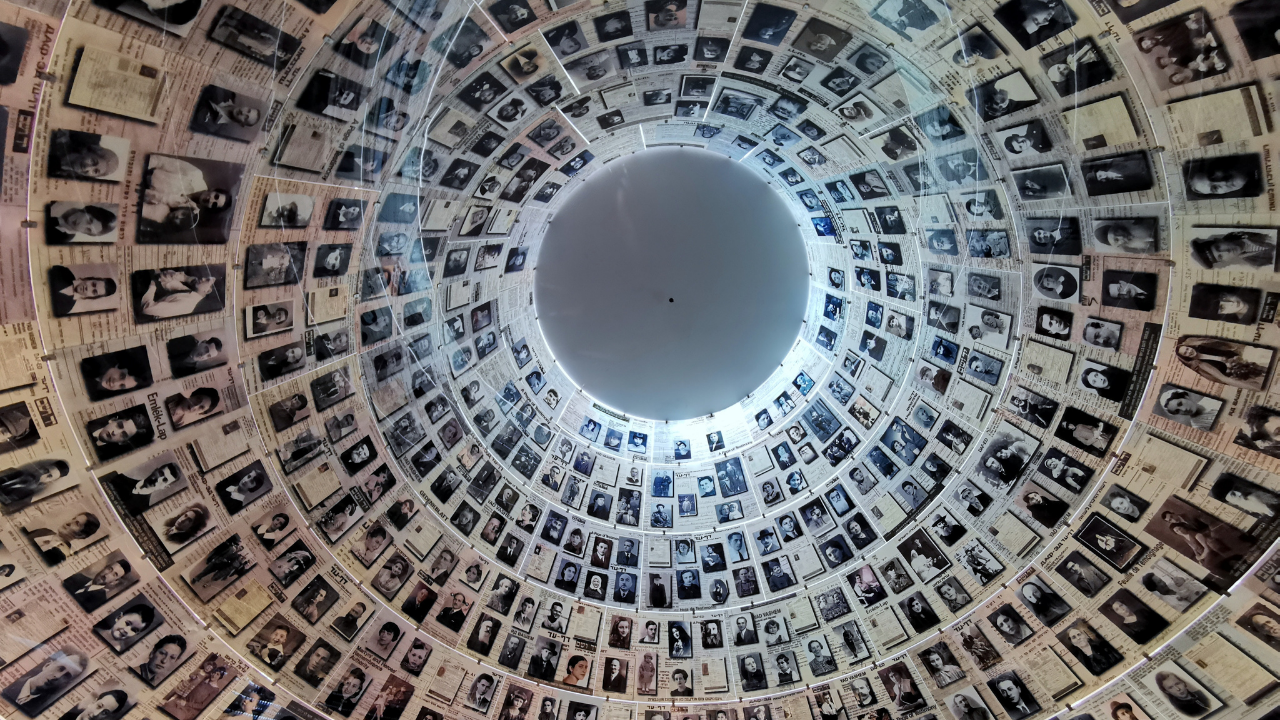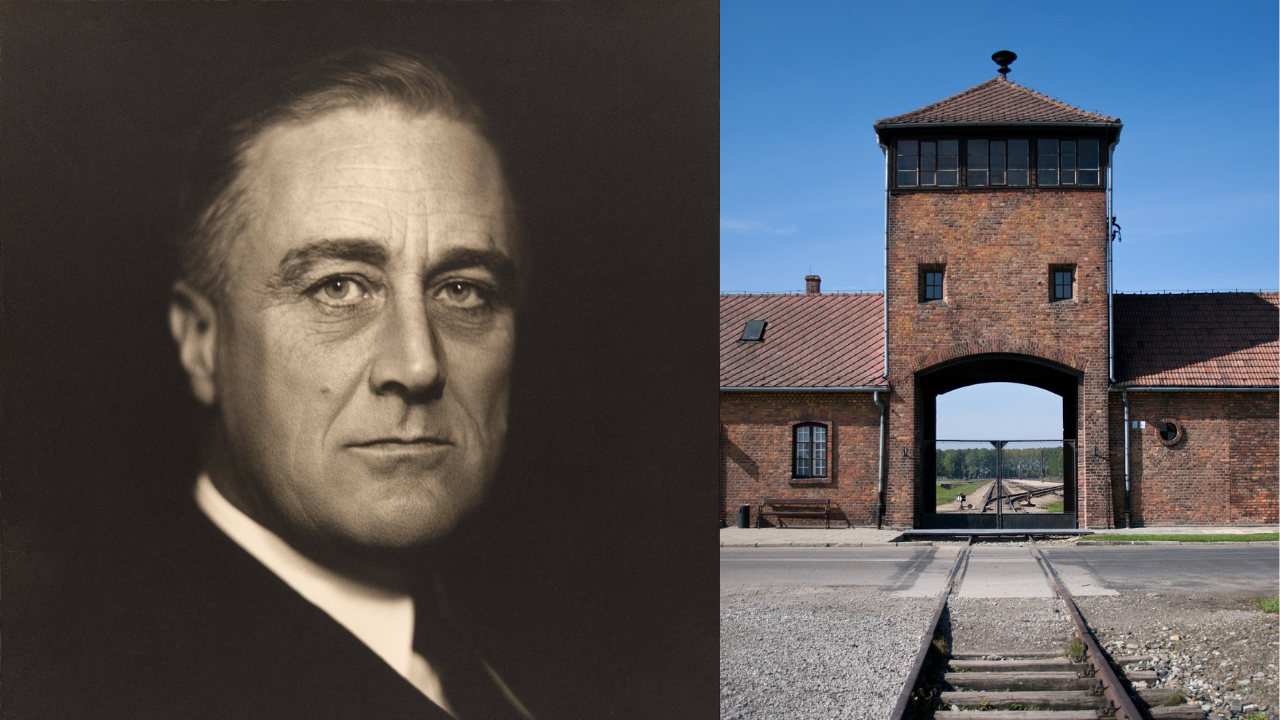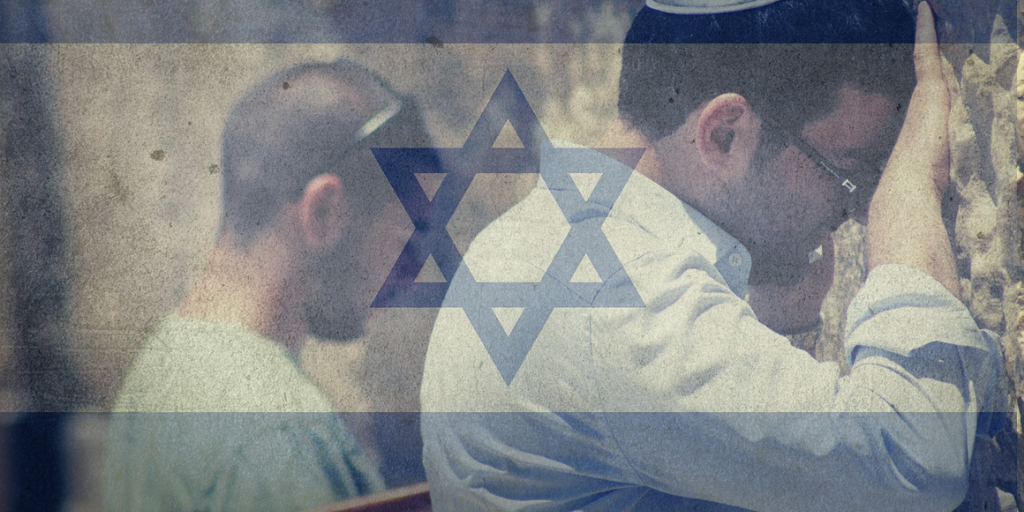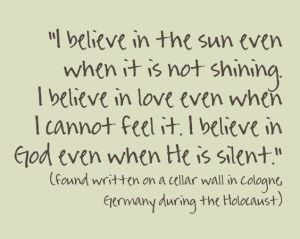(Republished with author’s permission from the Israel Hayom news website)
A storm of criticism has erupted over the possible nomination of Israeli war hero Effie Eitam, the son of a Holocaust rescuer, to the chairmanship of Yad Vashem, Israel’s main Holocaust institution. At issue are two remarks that Eitam reportedly made concerning Arabs fourteen years ago.
If a transcript of Eitam’s remarks is ever published, we will finally be able to see the full statements and their context. And when Eitam chooses to publicly address the matter, we will learn whether he still subscribes to those statements, which he made at a memorial service for fallen Israeli soldiers back in 2006. Eitam had a distinguished 29 year career in the IDF, which included the Operation Entebbe in 1976, and retired as a Brigadier General; he later served in the Knesset for six years.
Eitam’s critics should consider the ramifications of the “canceling” out any Israeli or Jewish figure who has ever made an offensive remark be they comments about Arabs or other ethnic or gender groups. Let’s review some of the prominent public figures who would have been shunned according to this standard:
TEDDY KOLLEK: After a group of women were violently assaulted at the Western Wall by opponents of their prayer service, Kollek, the longtime mayor of Jerusalem, accused the victims of “provoking” the attack and “using prayer as a means of protest.” (New York Jewish Week; 4-14-1989).
In a Boston Globe interview in 1992, Kollek declared: “The way of the Palestinians is the way of war and bloodshed, not peace … The Arabs say ‘We will again rule all the lands of Islam as we once did’—this is an essential Islamic concept. It is hard for me to say all this, but I have to acknowledge it.”
SHIMON PERES: At a 1981 election rally, Peres denounced Moroccan Jews in Israel as “barbarians” and “disgusting Arabs.” (The footage of the rally can be seen in the 2002 film, “Kaddim Wind – Moroccan Chronicle”)
ABBA EBAN: In a speech at the Jewish Theological Seminary, in Manhattan on February 29, 1952, Eban warned of “the danger lest the predominance of immigrants of Oriental origin force Israel to equalize its cultural level with that of the neighboring world…Our object should be to infuse them with an Occidental [Western] spirit, rather than to allow them to draw us into an unnatural Orientalism.”
AMOS OZ: One of Israel’s most celebrated novelists, and a prominent Peace Now activist, Oz said at a “Writers Talk About Peace” symposium in 1987: “The Palestinian national movement is one of the most insensitive, ugly and wicked national movements of the 20th century” and is characterized by “fanaticism, hardheartedness, and violence.” (Al Hamishmar, 5-15-87)
Among Holocaust scholars, consider these men and women whose remarks would have disqualified them from chairing Yad Vashem:
YEHUDA BAUER, the longtime senior historian at Yad Vashem, has minimized the Nazis’ persecution of gays as “a political invention” and a “red herring.” The famed historian of antisemitism, Prof. George Mosse, said in response to Bauer’s remarks: “That’s absurd. That’s like denying the Holocaust.” (New York Jewish Week, 5-22-97)
LUCY DAWIDOWICZ, renowned author of “The War Against the Jews,” demanded that Israel pay restitution to Arabs who fled in 1948, comparing it to German restitution to Holocaust victims. Dawidowicz never retracted her Israel-Nazis comparison, but that didn’t stop the American Jewish Committee from hiring her as its director of research, nor did it stop Yeshiva University from choosing Dawidowicz for the first named chair in Holocaust Studies in the United States. (New Leader, 1-19-1953)
HANNAH ARENDT, the renowned philosopher and author of some of the most famous studies of totalitarianism, in 1961 derided Sefardi Jews as “an Oriental mob” who “looked Arab but spoke Hebrew.” (Cited in The Forward, 4-25-14)
Surely the most startling and ironic name on this list is Yosef “Tommy” Lapid, who served as chairman of Yad Vashem from 2006 to 2008. His statements about minorities were so extreme that the Jerusalem Report dubbed him “an articulate Archie Bunker.” Lapid called Orthodox Jews “parasites,” “barbaric primitives,” and “enemies of progress.” (Tablet, 5-31-2013) He minimized spousal abuse, speculating that “some sociologist heard that his neighbor beats his wife, and are to the conclusion that in every house, there is at least one husband who beats his wife.” He complained about the prominence of Sefardi Jews in the Israeli music scene, claiming their style showed that “We didn’t conquer [the Arab town of] Tulkarm, Tulkarm conquered us.” Lapid’s statements about Arabs were so controversial that in 2006, Yad Vashem had to publicly dissociate itself from one of his remarks. (Haaretz, 1-8-2003)
Writing in Newsday on December 7, 1995, the eminent Holocaust scholar Deborah Lipstadt pleaded for greater tolerance within the Jewish world. “Judaism is a big tent with room for vastly differing views,” she wrote. “And Jews must recognize that—within reason—no one can be read out of the Jewish community solely for his or her point of view.”
Lipstadt’s caveat, “within reason,” remains to be defined. But if it is defined in such a way as to “cancel” out anybody who has ever made an offensive remark about an ethnic or gender group, then quite a few of the best known figures in Israeli politics and the world of Holocaust studies, past and present, belong on that list alongside General Eitam.









